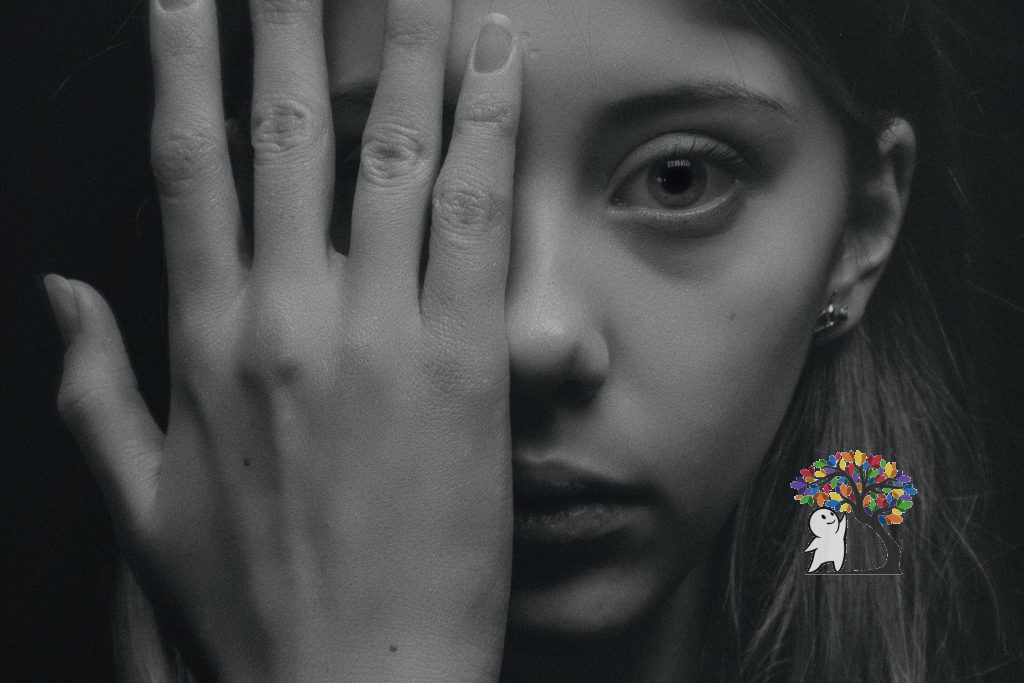Effects of Sexual Assault & How To Get Help

After sexual assault a survivor can have devastating psychological, emotional, and physical effects. Survivors can go through post-traumatic stress disorder, depression, dissociation, and sleeping disorders just to name a few. These effects can be short or long term and are not easy to deal with, but with the adequate help and support it can be managed. Before going into detail, here are some concepts that need to be understood. According to the UCSC Student Health Center sexual assault is a general term that covers a range of crimes, including rape. UCSC definition of rape is any kind of sexual intercourse (vaginal, oral, or anal) that is committed against a person’s will. This also includes if the victim is incapable of giving consent because she/he is incapacitated from alcohol and/or drugs, or have any mental and/or physical disabilities that renders them incapable of giving consent. There are other forms of sexual assault, such as; forced oral copulation, penetration with a foreign object and inappropriately touching another person, this includes men and women as well.
After a traumatic event many victims need to re-adjust and cope for a period. The result of sexual assault can make it difficult for survivors to heal. For some, the effects occur immediately after an assault. While for other the effects are not felt until the shock of the event wears off. The effects of a sexual assault can be overwhelming for the survivor. Some abuse drugs or alcohol and/or engage in self injury to help them cope with the trauma. This gives them an outlet to release their anxieties and gives them a sense of control. Although not always performed with suicidal tendencies, this form of outlet can lead death or create challenges to fully recover. There is no correct way to react to these experiences, and each person responds differently.
The emotional impacts that affect the survivors vary, some of these are:
Distrust / Anger / Guilt / Numbness / Fear / Helplessness / Sexual Dysfunction / Sense of Vulnerability / Sleeping & Eating Changes
Not only that, but survivors can develop psychological disorders, such as:
Post-traumatic Stress Disorder / Depression / Dissociation / Borderline Personality / Agoraphobia / Anxiety /

Every survivor reacts differently to a traumatic event. Therefore the healing process will vary in time with different methods. According to the American Psychology Association (APA) these are strategies that can be used to recover from a traumatic event:
- Give yourself time to adjust: Accept that this will be a difficult time in your life. Allow yourself to feel the emotions experienced and be patient with changes in your emotional state.
- Ask for support: Family, friends, and/or social support is an important tool to help recover. By joining groups that offer support from others who’ve also survived a sexual assault will tremendously help. This will help you realize that you’re not alone.
- Communicate your experience: It is important to express what you are feeling through communication and engaging in a creative activities, such as; drawing, poetry and music.
- Adopt a healthy lifestyle: Eating healthy meals, drinking plenty of water, exercising and getting the adequate amount of rest is needed for recovery. Avoid eating foods that affects your mood negatively such as caffeine, alcohol, trans fat, sugars and saturated meals. What you eat directly impacts the way you feel.
- Establish routines: Engaging in activities that relaxes and energizes you are important. You can do the things you used to enjoy before the assault or try out new activities that interests you like dancing, walking, and playing an instrument.
Sexual assault is difficult to overcome, but with help from loved ones and perseverance you can recover. Always remember you are not alone. Looking for help does not make you weak, and never blame yourself for the assault.
Here are links to other recovery tips:
Important additional links:
National Sexual Assault Telephone Hotline (800-656-4673)
*Note: This service is free, confidential and works 24/7*
Find help near you This is a list made up of independent sexual assault service providers, including National Sexual Assault Hotline affiliate organizations and other local providers.
Safety tips to help prevent sexual assault
References
American Psychology Association. (2015). Recovering Emotionally From Disaster. http://www.apa.org/helpcenter/recovering-disasters.aspx
Good Therapy Organization. (2015). Sexual Assault / Abuse. http://www.goodtherapy.org/therapy-for-sexual-abuse.html
Joyful Heart Foundation. (2015). Effects of Sexual Assault and Rape. http://www.joyfulheartfoundation.org/learn/sexual-assault-rape/effects-sexual-assault-and-rape
UCSC Student Health Center. (2015). Sexual Assault & Rape. http://healthcenter.ucsc.edu/shop/sadv/sexual-assault-rape.html





Responses